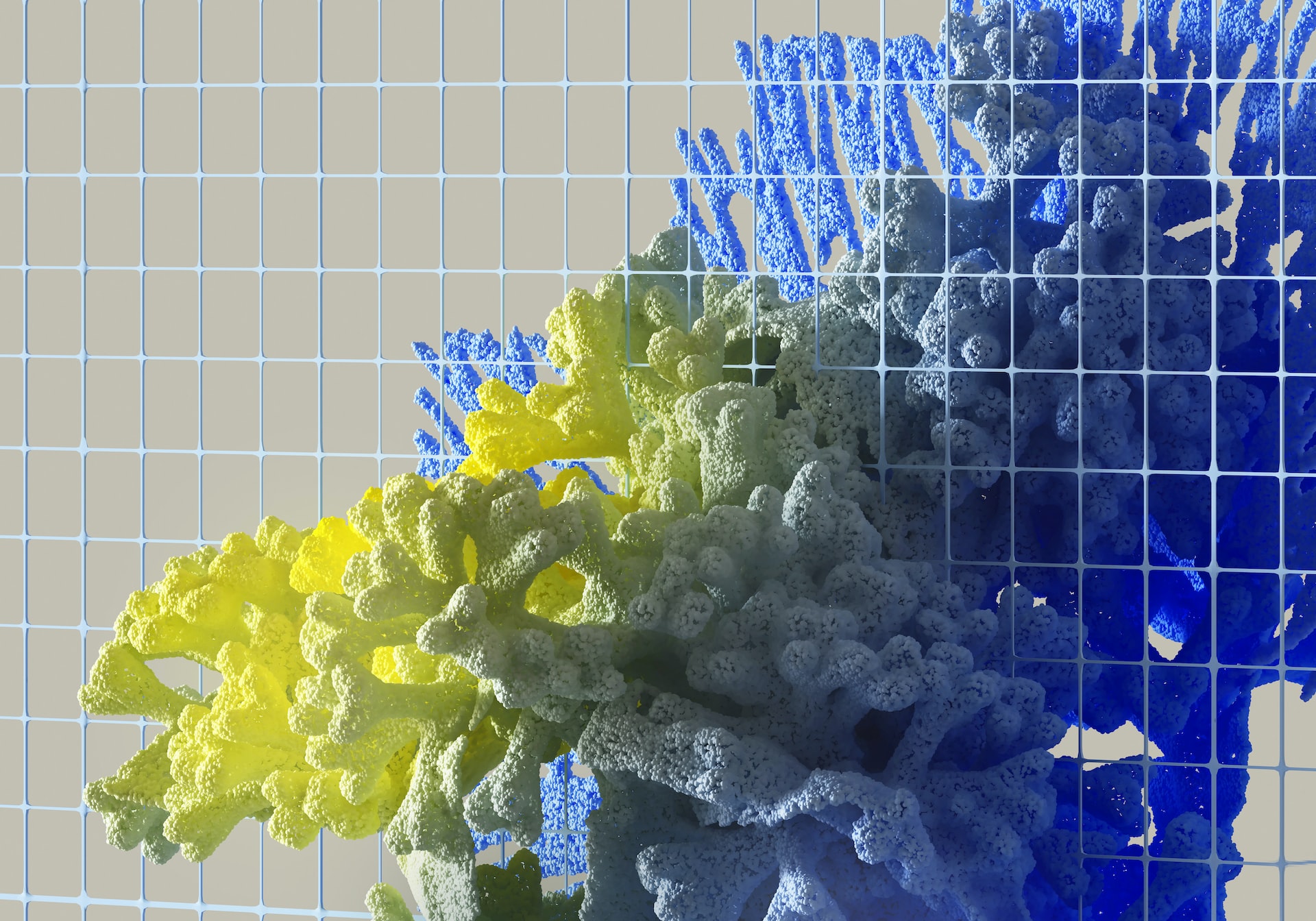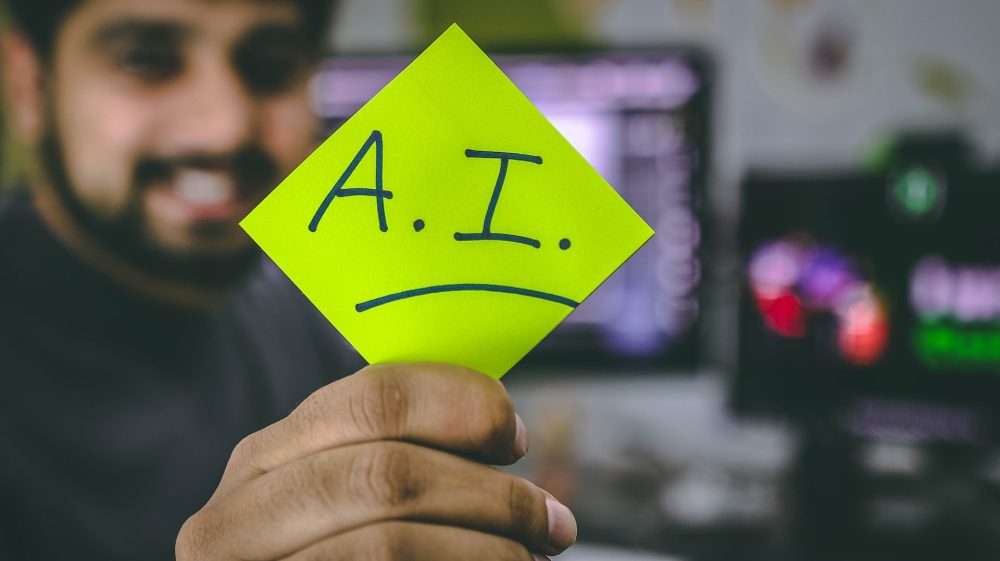Google’s artificial intelligence technology is making great strides in mimicking the human brain. The AI is designed to read and learn from vast amounts of data and quickly becomes more intelligent with each passing day.
Some experts believe that AI could eventually surpass human intelligence, and it will be interesting to see how this plays out in the years to come. But what does this mean for us? How will our lives be affected if computer intelligence continues to grow at such a rapid pace?

We must start thinking about these critical questions because ignoring them could have serious consequences. So let’s take a closer look at Google’s AI and find out what makes it so special.
What is Google’s Artificial Intelligence Technology?
Google’s Artificial Intelligence technology believes that intelligent behavior can be achieved through learning principles. These principles are distilled from years of research in cognitive science and artificial intelligence, forming the basis of Google’s machine learning algorithms.
These algorithms aim to enable computers to learn from data to improve their performance at tasks such as image recognition, machine translation, and game playing. In recent years, significant progress has been made in applying these methods to real-world problems, and Google’s Artificial Intelligence technology is at the forefront of this effort.
What Are the Implications of Google’s Artificial Intelligence Technology?
There are both positive and negative implications of Google’s AI technology. On the positive side, AI could be used to solve some of the world’s most complex problems.
For example, AI could be used to develop new medicines and treatments for diseases. It could also improve transportation systems and make them more efficient.

On the negative side, some people are worried about what will happen if AI becomes more intelligent than humans. They worry that AI could eventually take over the world or that it could be used to control people.
These are valid concerns, but it’s important to remember that AI is still in its early stages of development. It will be many years before AI reaches a level of intelligence that could threaten humans.
In the meantime, we should focus on the positive aspects of AI and use it to make the world a better place.
How Does Google’s AI Work?
According to R2, certified electronics recycling company Big Data Supply inc, one of the critical components of Google’s AI technology is a machine learning algorithm known as a neural network. A neural network is a computer system that mimics how the human brain learns.
The neural network consists of interconnected nodes, or neurons, that process information. The more data is fed into the system, the more connections are made between nodes, and the more the system learns.

Google’s AI technology also uses a technique known as deep learning. Deep learning is a form of machine learning that allows computers to learn from unstructured or unlabeled data. This means that instead of being explicitly programmed to perform a task, the computer can learn to do it independently by discovering patterns in data.
Deep learning is particularly well-suited for tasks like image recognition and natural language processing, which are essential for Google searches.
For example, when you search for “dog” on Google Images, you’ll see millions of results featuring dogs of all different shapes and sizes. That’s because Google’s AI technology has been able to learn from all the images it has seen and identify those that contain dogs.
Similarly, when you search for something on Google using natural language, like “What’s the weather in New York?” Google’s AI technology uses deep learning to understand the meaning of your question and provide you with an accurate answer.
How Can We Prepare for a World Where Computer Intelligence is More Advanced Than Our Own?
We can do a few things to prepare for a world where computer intelligence is more advanced than human intelligence.
Create Ethical Guidelines
One of the most important things we can do to prepare for a world where computer intelligence is more advanced than human intelligence is to create ethical guidelines for using AI technology. We must consider what values we want AI systems to uphold and ensure that they are programmed accordingly.
For example, we might want AI systems to always act in the best interest of humans or to respect our privacy. By creating ethical guidelines, we can help ensure that AI systems are beneficial to us and not harmful.
Ensure Transparency and Accountability
Another important thing we can do to prepare for a world where computer intelligence is more advanced than human intelligence is to ensure transparency and accountability in AI systems. We must understand how AI systems work and why they make their own decisions.

This will be difficult to do if AI systems are opaque and unaccountable. We need to demand transparency from the companies that create AI systems so that we can understand how they work and hold them accountable for their actions.
Think About How to Distribute the Benefits Fairly
Finally, we must consider how to distribute AI technology’s benefits fairly. If AI systems can do our jobs for us, many people could lose their livelihoods.
We need to ensure that those displaced by AI technology are taken care of and have the opportunity to find new jobs. Otherwise, there could be a lot of economic inequality in a world where computer intelligence is more advanced than human intelligence.
Conclusion
Google’s AI technology is making great strides in mimicking the human brain. The AI is designed to read and learn from vast amounts of data and quickly becomes more intelligent with each passing day. Some experts believe that AI could eventually surpass human intelligence, and it will be interesting to see how this plays out in the years to come.
In the meantime, we need to think about preparing for a world where computer intelligence is more advanced than human intelligence. We need to create ethical guidelines for the use of AI technology, ensure transparency and accountability in AI systems, and think about how to distribute the benefits of AI technology fairly.






